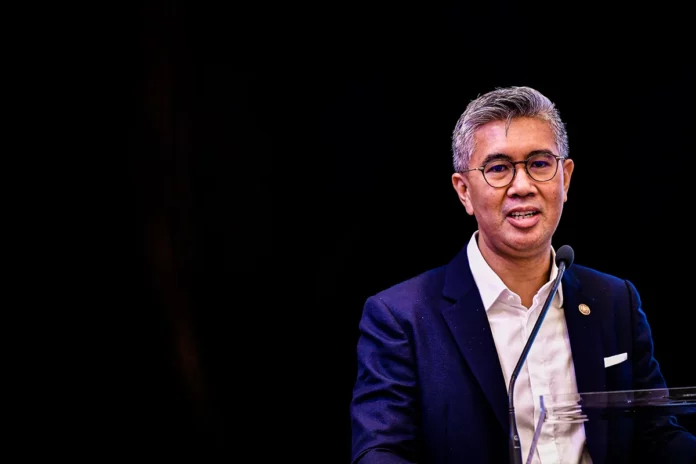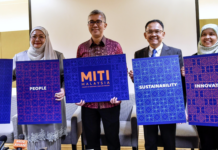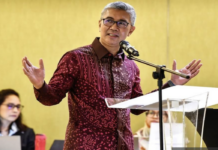KUALA LUMPUR, Sept 23 — Companies must shape up their environmental, social and corporate governance (ESG) exercise or lose access to capital with a purpose, said Finance Minister Tengku Datuk Seri Zafrul Tengku Abdul Aziz.
He said that ESG assets are set to reach US$53 trillion (US$1=RM4.56) by 2025, adding that institutional investors carry considerable collective influence with nearly RM2.2 trillion in assets under management and roughly RM750 billion in the local stock exchange.
“Given their size and capacity, institutional investors can and must play a key role to drive effective oversight, catalyse future proofing and unlock value by actively engaging with their investee or portfolio companies. not just in the interest of returns, but also on purpose, premised on ESG principles,” he said.
Speaking at the Institutional Investors Council Malaysia (IIC)-Securities Industry Development Corporation (SIDC) Corporate Governance Conference 2022, he said effective corporate governance is a crucial tool in the ESG toolkit to help ensure that appropriate policies, processes and structures are in place for businesses to remain competitive and sustainable in the long run.
“This brings about the concept of stewardship in long-term institutional investors, such as pension funds that are also effectively asset owners that could exert considerable influence on the operations and corporate behaviour of their investee companies,” he said.
He also expressed his concern about supporting smaller businesses, or smaller cap companies in starting their own sustainability journeys.
“I say this because smaller companies with limited resources and capacity face challenges when assessing, disclosing and reporting on in-depth ESG data and sustainability issues, and as such, may face disproportionate burdens and report fewer disclosures compared to their large-cap counterparts.
“These challenges should not be underestimated, because the narrow application of ESG metrics and criteria risks systematically exclude such companies from future sources of funding, undercutting their growth potential and undermining our sustainability journey as a whole,” he added.
During the conference, Tengku Zafrul also launched the revised Malaysian Code for Institutional Investors (MCII) 2022 which replaces the first MCII that was published in 2014.
It comprises six of the original principles as well as one new principle, in addition to introducing a new section entitled “Stewardship Spotlight”.
Tengku Zafrul said this new principle emphasises the role of institutional investors in leveraging their influence over current or potential investee companies, policymakers, service providers and other stakeholders collaboratively with a view to maximising their overall long-term value.
“Consequently, the expectation is for institutional investors to shape, influence and champion the ESG agenda within the Malaysian capital markets,” he said.



















